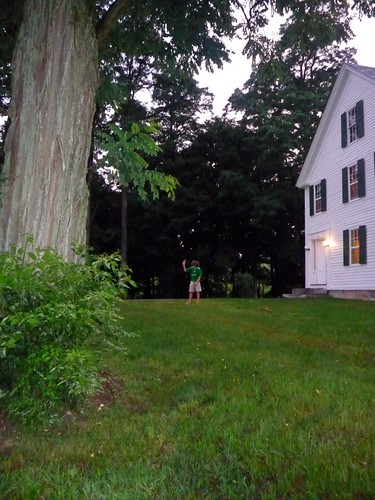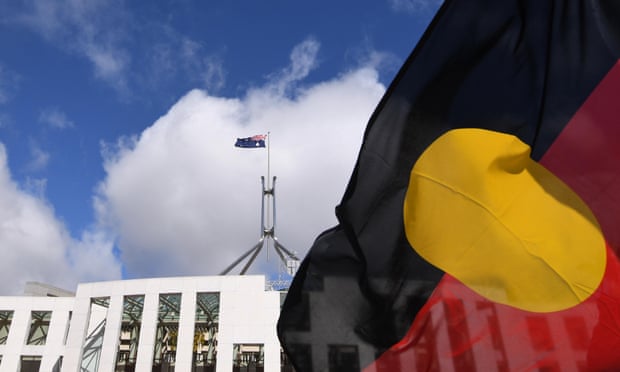I’m no clairvoyant, but undecided voice voters are unlikely to be won over by Peter Dutton’s siren song
Dutton #Dutton

I’m a social researcher not a clairvoyant but there is something about the future I know for sure.
Successful or not, after 14 October no one wants another referendum anytime soon.
Public enthusiasm for a constitutional do-over would be in the single digits, if that.
Peter Dutton’s recent declaration that he will hold a referendum of his own over Indigenous recognition if the voice referendum is unsuccessful – if taken at face value – reveals a failure to read the electorate.
Since October, I’ve been involved in waves of qualitative and quantitative work on public attitudes to the voice, particularly soft yes and soft no voters, those key groups who are engaged, informed but still making up their minds.
In my experience, regardless of where they sit on the spectrum between yes and no, voters are unanimous. A referendum is a once- or twice-in-a-lifetime event. Reforming the constitution is hard, necessarily so, but even harder in times of political polarisation and economic and environmental crises, in a media environment rife with mis- and disinformation.
Voters have zero expectations that if a referendum fails on an issue that any political leader will attempt a second go within the span of “living memory”. Even the most avid Meghan Markle fan struggles to muster excitement about a referendum on the republic.
Indigenous voice referendum AMA: how can I explain ‘yes’ to my ‘no boomer parents’?
It is either constitutional recognition via the voice or time to pursue other paths for addressing Indigenous disadvantage. Even the option of a legislated version of the voice may well be in jeopardy.
All my research with soft no voters shows that while they might generally agree with the idea of recognising First Nations people in the constitution – for example, in the preamble – their enthusiasm for the idea is outweighed by their qualms about the referendum process. Those leaning no question the financial cost to the nation of another referendum and the attention spent on the issue above and beyond other national concerns. It is worth noting too that it is these “leaning no” voters, the ones Dutton has been courting for months, who question whether welcome to country and various other expressions of recognition are improving the outcomes in Indigenous communities.
Quick GuideWhat is the Indigenous voice to parliament and how would it work?Show
What has happened already?
The Albanese government has put forward the referendum question: “A Proposed Law: to alter the Constitution to recognise the First Peoples of Australia by establishing an Aboriginal and Torres Strait Islander Voice. Do you approve this proposed alteration?”
The PM also suggested three sentences be added to the constitution:
How would it work?
The voice would be able to make recommendations to the Australian parliament and government on matters relating to the social, spiritual and economic wellbeing of Aboriginal and Torres Strait Islander people.
The voice would be able to table formal advice in parliament and a parliamentary committee would consider that advice. But the voice co-design report said all elements would be non-justiciable, meaning there could not be a court challenge and no law could be invalidated based on this consultation.
How would it be structured?
The co-design report recommended the national voice have 24 members, encompassing two from each state, the Northern Territory, ACT and Torres Strait. A further five members would represent remote areas and an additional member would represent Torres Strait Islanders living on the mainland.
Members would serve four-year terms, with half the membership determined every two years.
For more detail, read our explainer here.
Photograph: Lukas Coch/AAP
Thank you for your feedback.
All my research with soft yes voters shows that while recognition is important, it is not enough. They wonder whether “mere recognition’” is what most First Nations people want and need. The fact the voice emerged from the Uluru Dialogue, is a concept conceived by First Nations people and enjoys broad support, are critical facts on which soft yes support is based. If the voice fails, I doubt very much we will hear calls for constitutional change in the form of “mere recognition” from a chorus of First Nations leaders. Hence soft yes voters are unlikely to be won over by Dutton’s siren song.
We are often told by yes leaders that the voice is a modest proposition and soft yes voters in general agree. Soft no voters are less convinced. But where the two groups are united is in their concern that the voice, if it gets up, will actually be heard and bring about the necessary improvements in policy and programs in First Nations communities. If these undecided voters are worried that an advisory group might be ignored by politicians and not help achieve practical outcomes in communities, then they are bound to be even more sceptical about “mere recognition”.
The vote on 14 October represents a fork in the road for relationships between government, Indigenous and non-Indigenous people. Will we take the road less travelled or the beaten path? Like I said, I am not a clairvoyant but I do know neither of these roads leads to a referendum on recognition in the next 10 years or more.
The electorate knows it and, given he’s a seasoned politician, so too does the opposition leader.